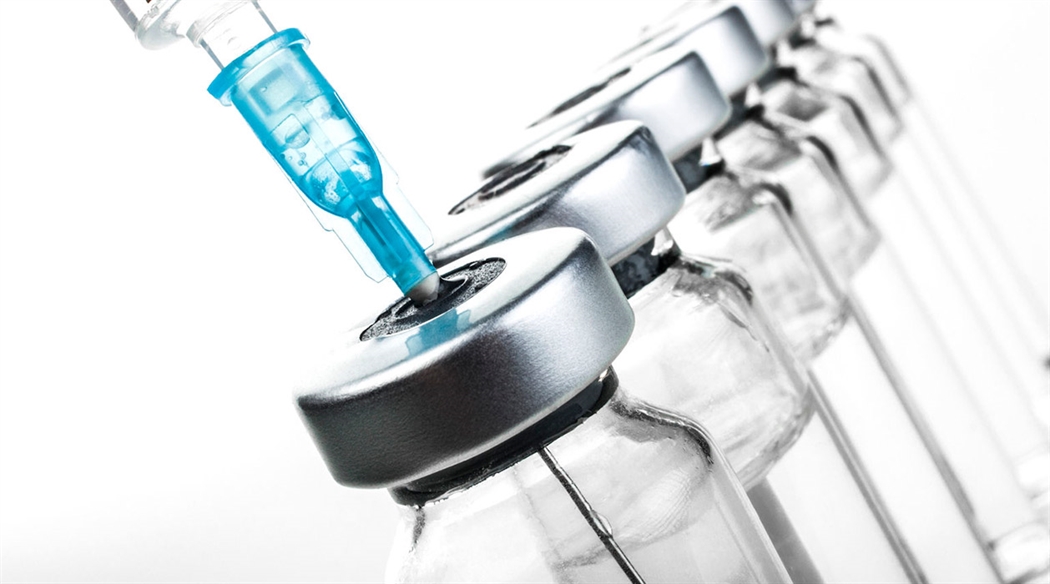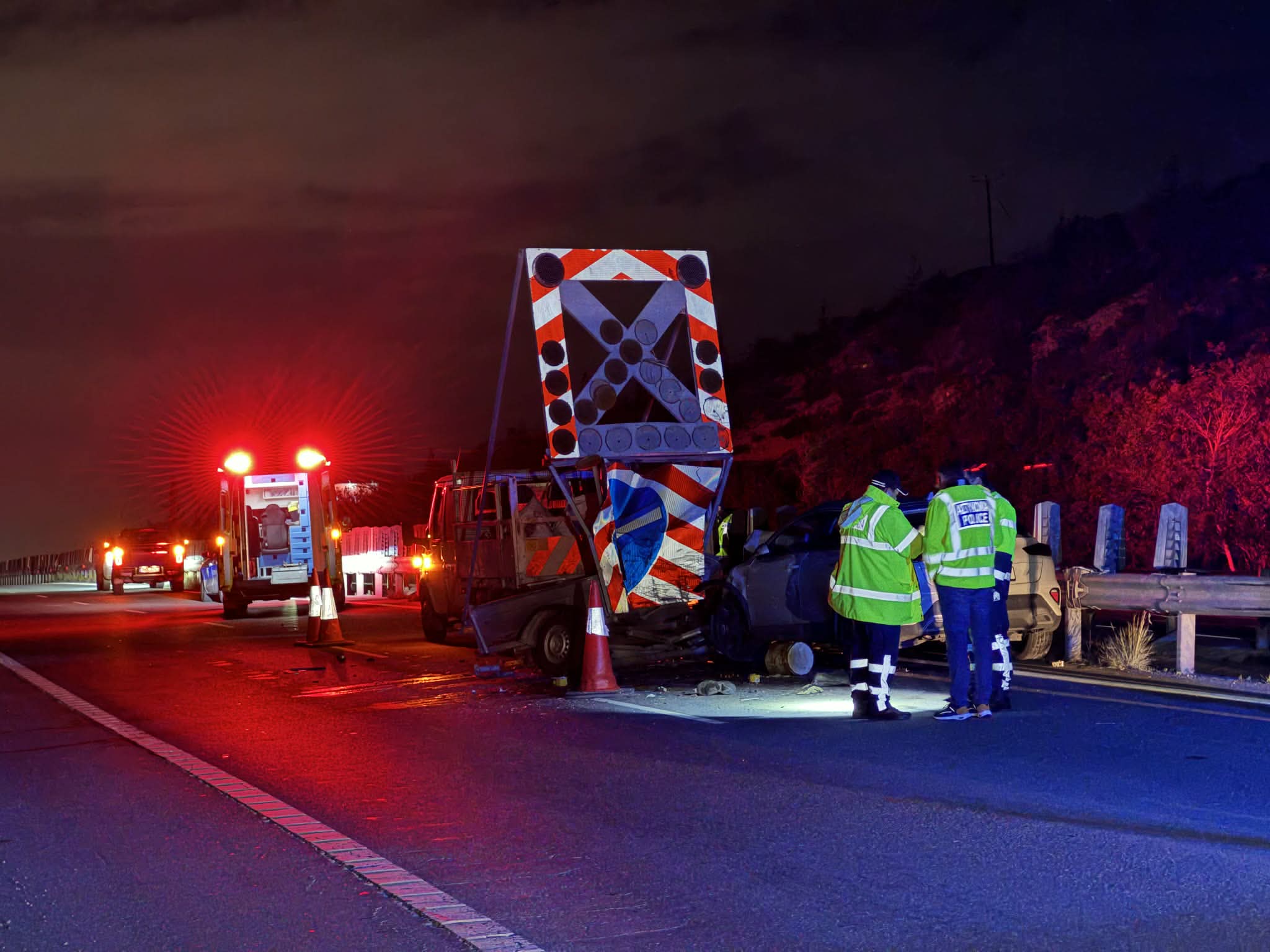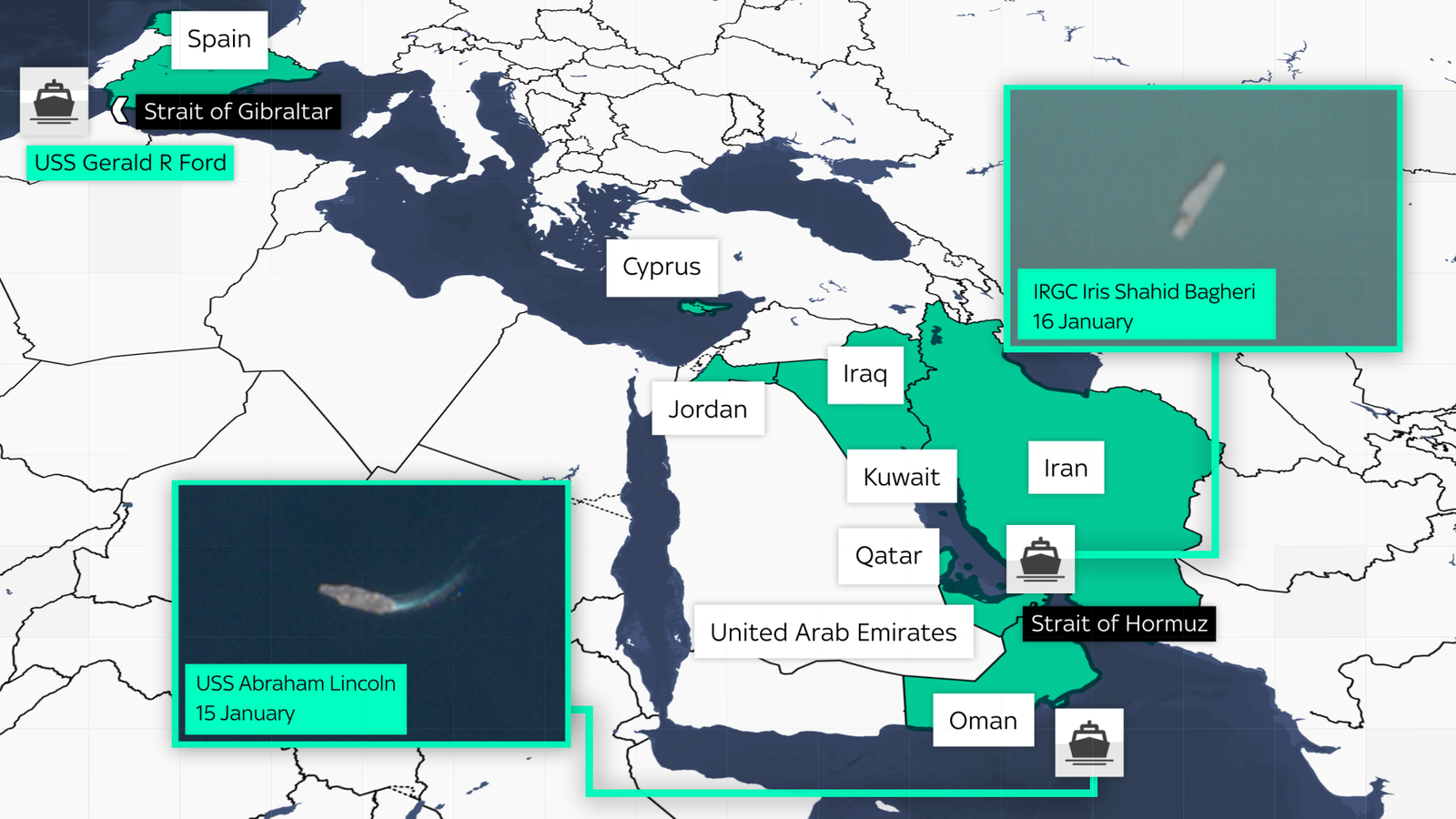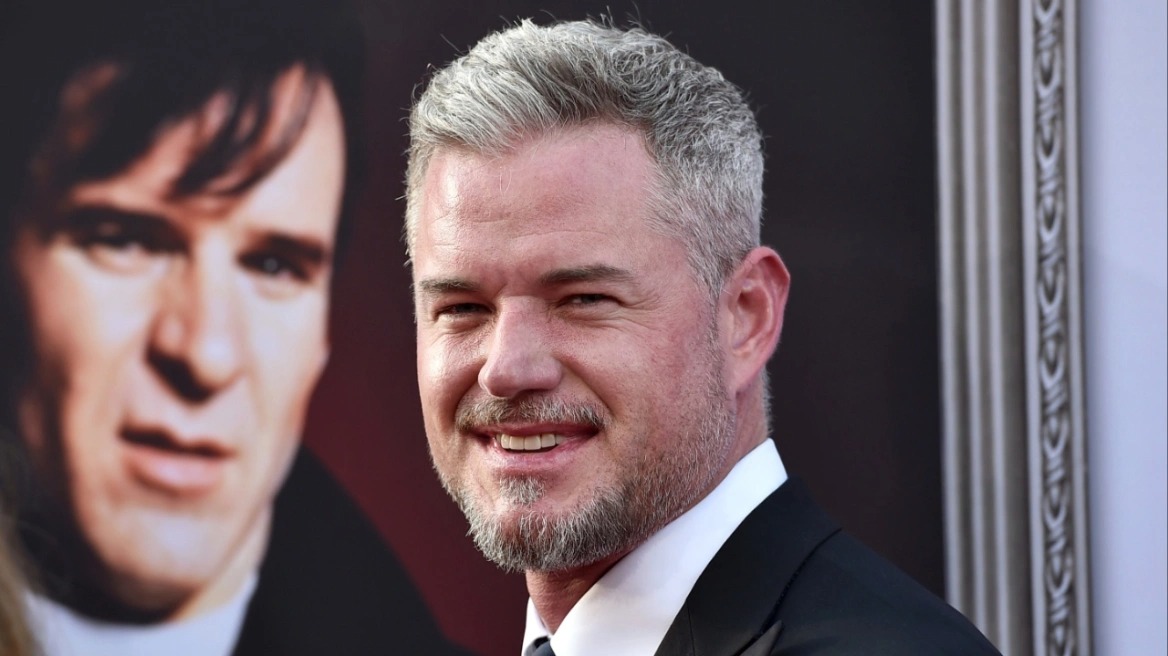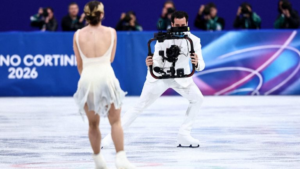The European Commission’s action programme on vaccinations was launched in Paris on Tuesday amid growing concern over the surge in measles cases.
In the 12-month period between 1 March 2017 and 28 February 2018, 14,813 cases of measles were reported through the European Surveillance System. These were three times the 4643 cases in 2016. Romania and Italy were the two countries with the most cases.
Of these cases, where vaccination status was known, 86% were unvaccinated.
Furthermore, the ECDC estimates that at least 40,000 people die every year from influenza, partly due to low vaccination coverage.
Vaccination saves between 1 and 3 million lives worldwide every year. According to the World Health Organisation, vaccines will save 25 million more lives in the coming decade.
And yet, according to ECDC, several EU countries are facing unprecedented outbreaks of measles and a resurgence of other vaccine-preventable diseases due to insufficient vaccination coverage, and children and adults in the EU are still dying from these diseases.
The Commission’s proposal focuses on 3 main pillars for action: tackling vaccine hesitancy and improving vaccination coverage; sustainable vaccination policies in the EU; and EU coordination and contribution to global health.
The proposal calls for 20 concrete actions by the Commission and Member States, including:
- Developing and implementing national and/or regional vaccination plans by 2020, including a target of at least 95% vaccination coverage for measles;
- Introducing routine checks of vaccination status and regular opportunities to vaccinate across different stages of life, for example in schools and workplaces;
- Presenting options for a common vaccination card that can be shared electronically across borders;
- Establishing a European vaccination information portal by 2019 to provide online objective, transparent and updated evidence on the benefits and safety of vaccines;
- Mitigating the risks of shortages by developing a virtual repository EU data warehouse with information on vaccine stocks and needs to facilitate voluntary exchange of information on available supplies and shortages of essential vaccines;
- Equipping all healthcare workers with the necessary training to confidently deliver vaccinations and address hesitant behaviours;
- Convening a Coalition for Vaccination to bring together European associations of healthcare workers as well as relevant students’ associations in the field, to commit to delivering accurate information to the public, combating myths and exchanging best practice;
- Establishing a European Information Sharing System to gather knowledge and develop guidelines for a core EU vaccination schedule by 2020 with doses and ages that EU Member States agree as being common to all countries;
- Strengthening partnerships and collaboration on vaccination with international partners.
The issue was also discussed by the European Parliament last spring which adopted a resolution saying said the growing and widespread vaccine hesitancy is worrying and has already had consequences, such as avoidable measles outbreaks in a number of countries.
MEPs pointed out that vaccines are rigorously tested through multiple stages of trials and regularly reassessed. They also welcomed the forthcoming launch of a Joint Action, co-funded by the EU Health Programme, aimed at increasing the number of people who have been vaccinated. The European Commission should reinforce its support for national vaccination efforts, they said.
MEPs stressed that increased transparency in evaluating vaccines and their adjuvants, in the funding of independent research programmes and the possible side-effects of vaccines would contribute to restoring confidence in vaccination.
They pointed out that researchers must declare any conflict of interest. Those subject to a conflict of interest should be excluded from evaluation panels. The confidentiality of deliberations of the European Medicines Agency’s (EMA) evaluation panel should also be lifted, and scientific and clinical data be made public.
They also proposed opening a factual and science-based dialogue with civil society in order to combat unreliable, misleading and unscientific information on vaccination.
MEPs said it is unjustifiable that the cost of a full vaccines package for one child is 68 times more expensive in 2014 compared to 2001. They support an existing agreement allowing vaccines to be jointly procured, pooling the purchasing power of member states.
Taking part in the Paris conference, which is being coordinated by France, are 17 EU member states, Norway, Serbia, Bosnia & Herzegovina, Moldova and a number of health organisations, universities and other stakeholders.
Edited by Bouli Hadjioannou

